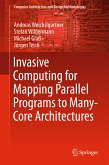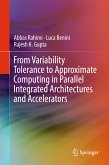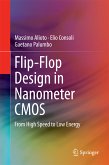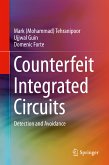This book introduces the concepts of soft errors in FPGAs, as well as the motivation for using commercial, off-the-shelf (COTS) FPGAs in mission-critical and remote applications, such as aerospace. The authors describe the effects of radiation in FPGAs, present a large set of soft-error mitigation techniques that can be applied in these circuits, as well as methods for qualifying these circuits under radiation. Coverage includes radiation effects in FPGAs, fault-tolerant techniques for FPGAs, use of COTS FPGAs in aerospace applications, experimental data of FPGAs under radiation, FPGA embedded processors under radiation, and fault injection in FPGAs. Since dedicated parallel processing architectures such as GPUs have become more desirable in aerospace applications due to high computational power, GPU analysis under radiation is also discussed.
· Discusses features and drawbacks of reconfigurability methods for FPGAs, focused on aerospace applications;
· Explains how radiation from space causes soft errors in FPGAs and how to mitigate them;
· Enables readers to qualify the target application on FPGA under radiation and by fault injection.
Dieser Download kann aus rechtlichen Gründen nur mit Rechnungsadresse in A, B, BG, CY, CZ, D, DK, EW, E, FIN, F, GR, HR, H, IRL, I, LT, L, LR, M, NL, PL, P, R, S, SLO, SK ausgeliefert werden.









